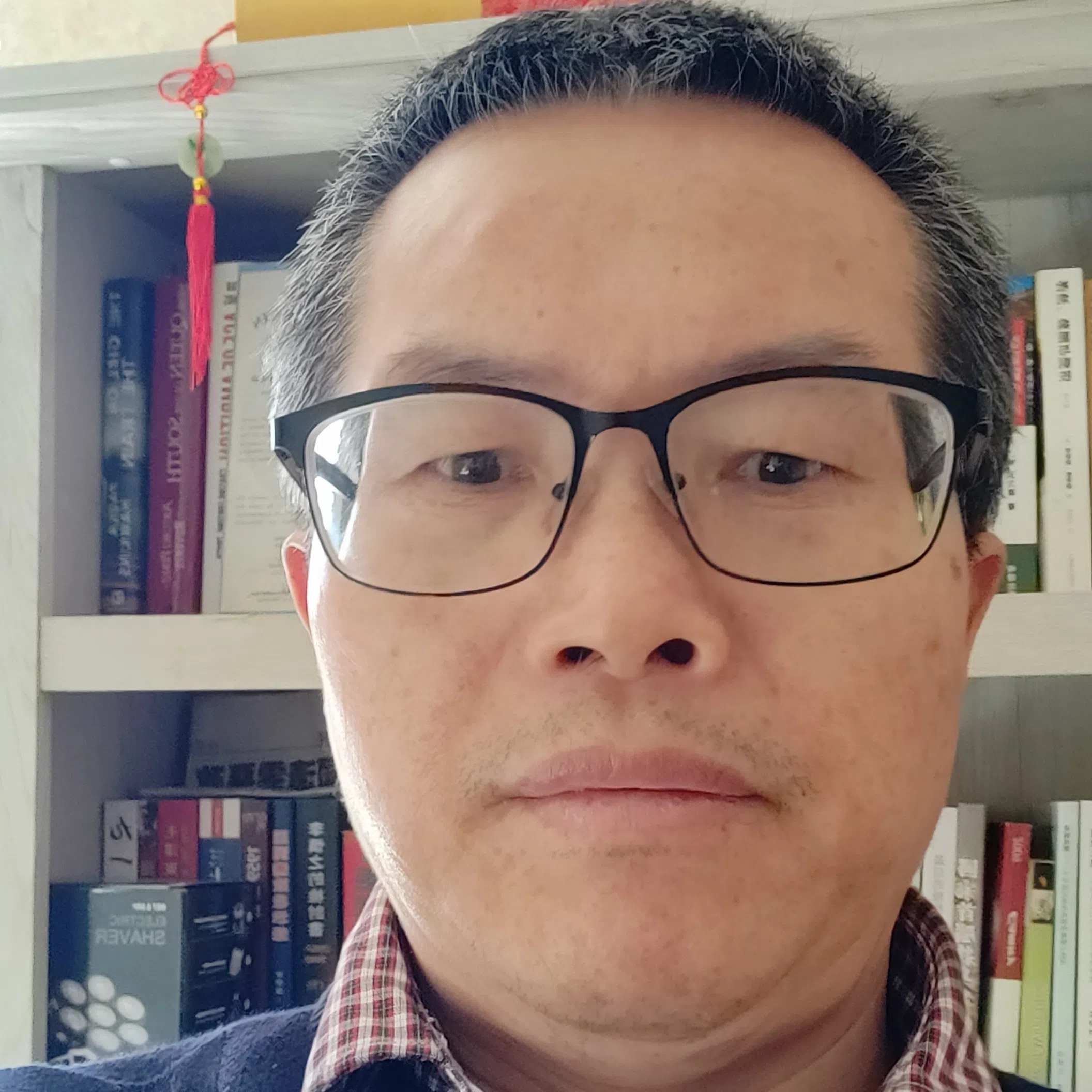De-sinicisation? Why Taiwan can’t erase China
During his recent first trip to Taiwan, commentator Deng Yuwen got the sense that it would be very difficult — perhaps even impossible — for Taiwan to completely de-sinicise.
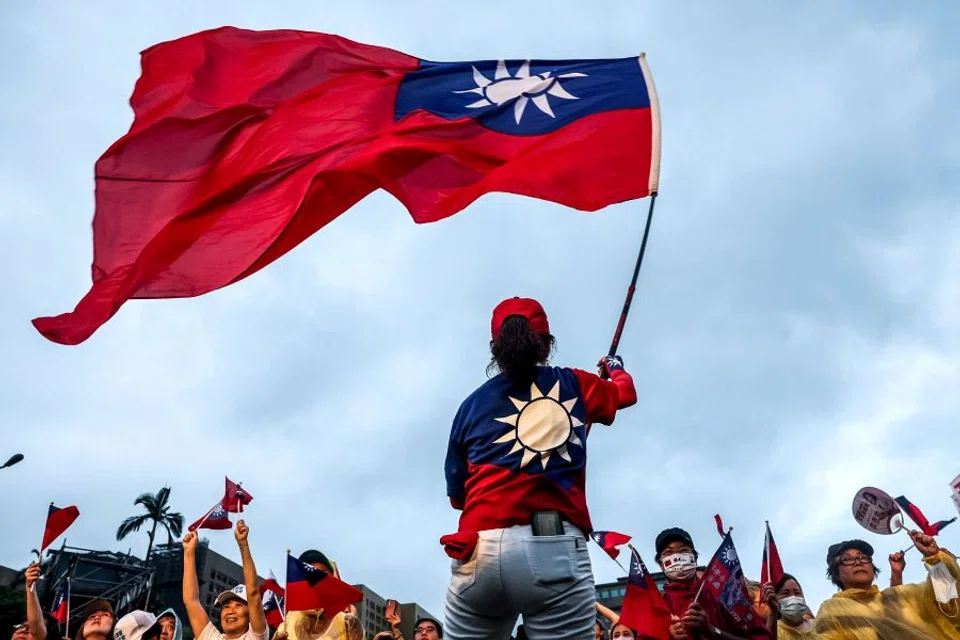
Last week, I took a trip to Taiwan. It was my first time visiting the island. The advantage of a “first time” is that, since you’re unfamiliar with the destination, your impressions and experiences tend to be particularly vivid. During my visit, I met with some old and new friends and had brief conversations with a few local residents.
Based on what I saw and felt, it seems clear to me that cross-strait issues are currently deadlocked. Due to the lack of mutual trust between the two governments and their firm stances, both sides are preparing for the worst-case scenarios. Unless a figure of exceptional wisdom emerges, a final showdown across the strait in the coming years seems quite likely.
In addition, I believe it will be very difficult — perhaps even impossible — for Taiwan to completely de-Sinicise. I discussed this point while in Taiwan with several friends, including some from the pro-independence camp, and they also agreed with me.
Before coming to Taiwan, based on media coverage and commentary from local pundits, I had the impression that the authorities were accelerating efforts to de-sinicise and that Chinese elements were rapidly disappearing. Perhaps in a few years, Taiwan would become a place completely disconnected from China — not only politically, but also in terms of history and culture. However, my impression changed on the very first day I arrived.
What’s in a name?
The first thing that gave me the sense that de-sinicisation would be difficult was the streets of Taipei, many of which are named after provinces and cities in mainland China. It felt like a living geography lesson.
... it’s not just Taipei — other cities I visited, including Taichung, and even deep-green strongholds like Tainan and Kaohsiung, also have streets named after places in mainland China...
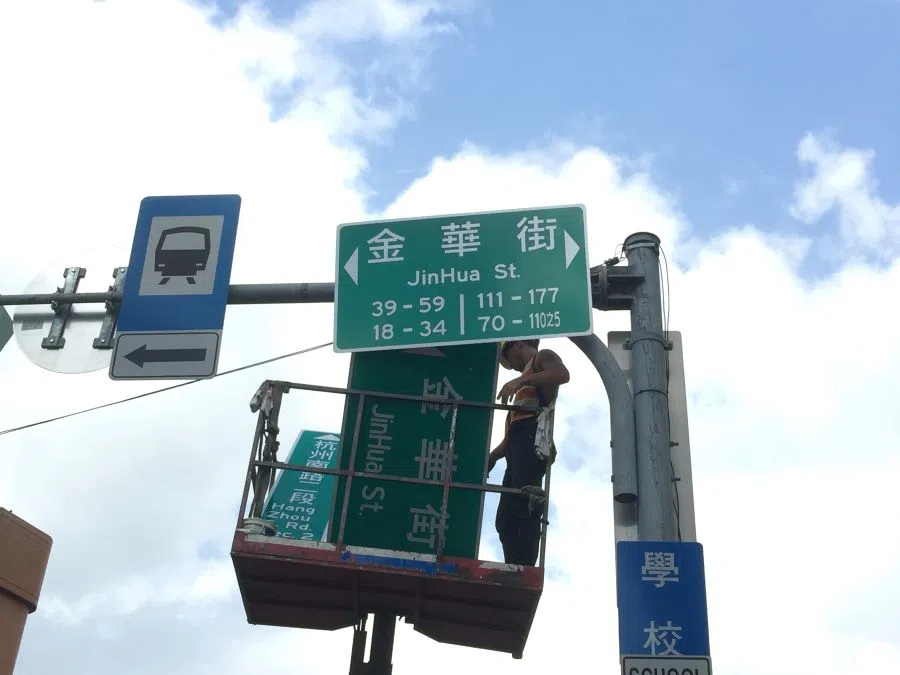
Although I had long known about this naming convention before coming to Taiwan, the impact is much stronger when you actually walk the streets. And it’s not just Taipei — other cities I visited, including Taichung, and even deep-green strongholds like Tainan and Kaohsiung, also have streets named after places in mainland China, though in fewer numbers than in Taipei.
Precisely because these names are so visible in public space, the Ministry of the Interior once proposed changing them, but the move was reportedly met with public opposition and ultimately abandoned. Even my pro-Green friends criticised the ministry for such pointless tinkering. As long as this naming system remains, the Democratic Progressive Party (DPP) cannot credibly claim that de-sinicisation has been achieved.
For me, the real difficulty in de-Sinicisation is not just these street names, but something I came across on the second day in Taipei. While riding a bus, I happened to spot a company called “China Housing Development Corporation”. That gave me a real jolt. I knew Taiwan still has many major companies with “China” or “Chung Hua” in their names — such as China Airlines, Chunghwa Telecom, Chunghwa Post — but for a real estate company to use “China” in its name was surprising.
Dropping the word “China” should have been simple. The fact that it hasn’t been done suggests that de-sinicising Taiwanese companies is not so easy after all.
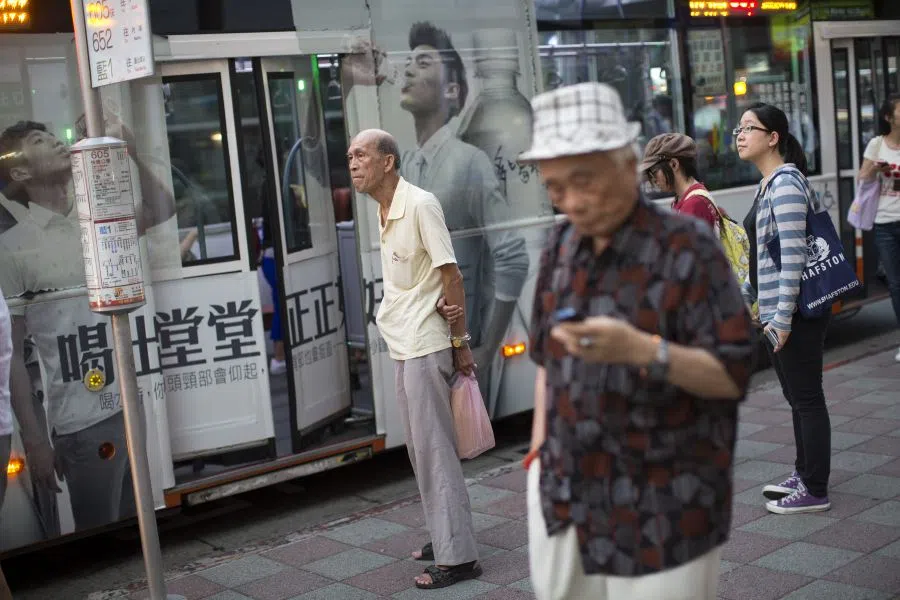
Many of those other companies were established long ago, have deep historical roots, and are tightly linked to the island’s economy and daily life. Their names carry brand value and are hard to change. But for a real estate firm, is it really necessary to use “China” in its name? That’s questionable.
Taiwan has seen political power alternate for over 20 years, with the DPP having governed for two consecutive eight-year periods. The party once even promoted a campaign to “correct” company names. Yet for whatever reason, this particular company’s name remains unchanged. Dropping the word “China” should have been simple. The fact that it hasn’t been done suggests that de-sinicising Taiwanese companies is not so easy after all.
Strong emotional ties to the mainland hard to break
In reality, beyond street names and company names, Chinese elements remain visible even in sensitive political areas. During my short time there, I observed that local residents still carry a strong emotional attachment to China.
I encountered nine Taiwanese citizens during my trip — three leaning Green and six leaning Blue. Even in places like Tainan and Kaohsiung, which are Green strongholds, I met more Blue supporters than Green. This led me to wonder whether the actual number of pro-Blue citizens is greater than what polls suggest.
Does this mean that many Blue supporters still identify with mainland China and are not as fearful of unification as the media portray?
From my conversations with them, their attitudes toward mainland China were largely positive. None of the six had a bad word to say about the mainland; on the contrary, some offered almost exaggerated praise. Their stance on unification was vague, but they did not seem to reject the idea. Does this mean that many Blue supporters still identify with mainland China and are not as fearful of unification as the media portray? I do not know whether this observation is accurate, but it does say something.
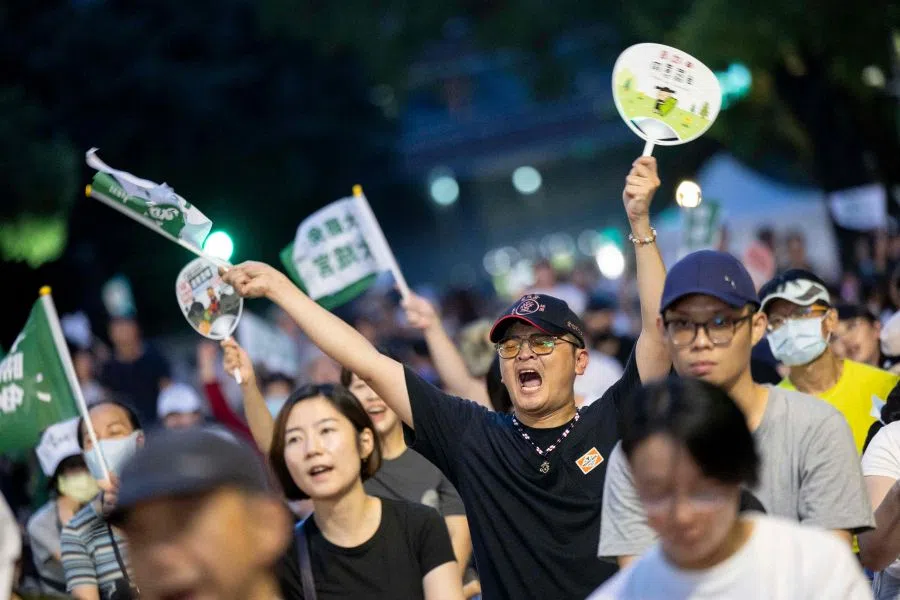
Nothing is black and white
Moreover, in Tainan, I also saw that the local government has established a memorial for a “Chinese person” — a former Kuomintang official — called the Chu Chiu-ying Memorial Hall.
Located inside the historic British De Jie & Co. building, the hall commemorates Chu, who once served as director of the Salt Administration under the Ministry of Finance. He spent his later years in Tainan and was known for his excellent calligraphy in the Yan Zhenqing style. The museum showcases his work. He was eventually buried in his homeland on the mainland, clearly identifying himself as Chinese.
Tainan, of course, is where Lai Ching-te launched his political career and is a DPP stronghold. The fact that a Green-led government commemorated a Blue official shows that politics is not always black and white. Not far from the Chu memorial is a statue of Koxinga (Zheng Chenggong), with the words “National Hero” inscribed on its pedestal — a title also used by the mainland to describe him.
As for traditional Chinese culture on the island, it hardly needs to be mentioned. Many mainlanders who have visited Taiwan are struck by how much more of China’s traditional culture is preserved there compared to the mainland. And it is not just for show — it is embedded in people’s daily lives and behaviours.
Erasing all ties?
One of my Green-leaning friends told me that his generation was educated entirely in Chinese culture and history. Of course, that’s no longer the case today, but culture and tradition passed down through everyday life are not easily severed — perhaps with the exception of a small number of young Green supporters.
To put it starkly, it’s simply not possible for Taiwanese people to speak what is officially known in Taiwan as Guoyu and write Chinese characters while simultaneously declaring that they want to erase all ties with China.
